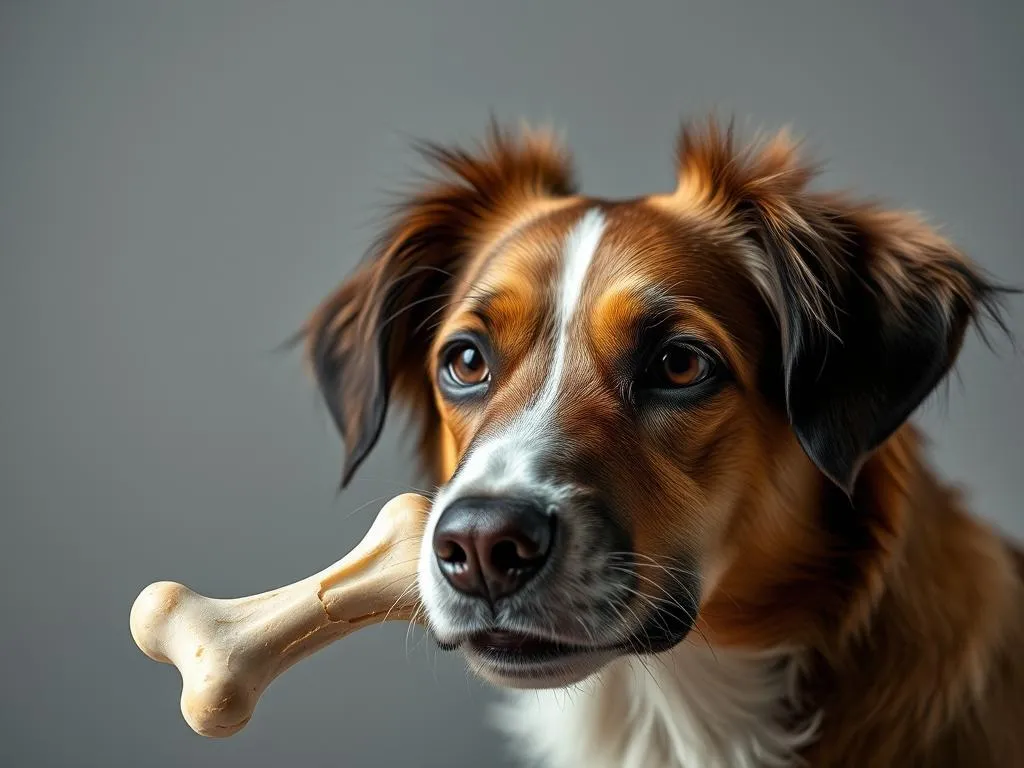
Introduction
Dog nutrition is a vital aspect of pet ownership that significantly impacts a dog’s health and well-being. Just as humans require a balanced diet to thrive, dogs also need a proper mix of nutrients to lead a happy and healthy life. Among the myriad topics surrounding dog nutrition, one question frequently arises: can dogs eat chicken bones? Understanding what is safe and harmful for dogs is essential for any pet owner. This article will delve into dog nutrition, the role of bones in a dog’s diet, and specifically address the question of chicken bones, providing insights into their benefits and risks.
Understanding Dog Nutrition
Essential Nutrients for Dogs
To ensure that dogs receive adequate nutrition, it is important to understand the essential nutrients they require:
-
Proteins: Proteins are vital for growth, development, and overall health. They are essential for muscle development, tissue repair, and immune function. Common sources of protein for dogs include high-quality meats, fish, and certain plant-based proteins.
-
Fats: Fats are a concentrated source of energy and play a crucial role in maintaining healthy skin and a shiny coat. They also assist in the absorption of fat-soluble vitamins. It’s important to incorporate healthy fats, such as those from fish oil and chicken fat, into a dog’s diet.
-
Carbohydrates: While some may argue that carbohydrates are unnecessary in a dog’s diet, they can provide a source of energy and dietary fiber. Whole grains, fruits, and vegetables can be included in moderation.
-
Vitamins and Minerals: Essential for various bodily functions, vitamins and minerals are crucial for a dog’s overall health. They support immune function, bone health, and metabolic processes. A well-balanced commercial dog food typically provides these nutrients.
Common Myths About Dog Nutrition
There are numerous misconceptions surrounding dog nutrition. Some common myths include:
-
Dogs are strictly carnivores: While dogs are primarily carnivorous, they are also omnivores and can benefit from a varied diet that includes fruits and vegetables.
-
Grains are harmful: Many commercial dog foods contain grains, which can be a good source of energy and fiber for dogs. The key is to choose high-quality grains and ensure they are balanced with other nutrients.
-
All human food is dangerous for dogs: While some human foods are toxic to dogs, many are safe and healthy in moderation. Always research before sharing food with your pet.
Understanding these myths helps pet owners tailor their dogs’ nutrition based on breed, age, and health needs.
The Role of Bones in Dog Diet
Nutritional Benefits of Bones
Bones can provide several nutritional benefits to dogs when fed appropriately:
-
Source of Calcium and Phosphorus: Bones are rich in minerals such as calcium and phosphorus, which are vital for maintaining strong bones and teeth.
-
Contribution to Dental Health: Chewing on bones can help reduce plaque and tartar buildup, promoting better dental hygiene.
Risks Associated with Feeding Bones
While bones can be beneficial, there are significant risks that pet owners should be aware of:
-
Differences Between Raw and Cooked Bones: Raw bones are generally safer for dogs compared to cooked bones. Cooking bones can make them brittle and more likely to splinter.
-
Potential for Choking Hazards: Dogs can choke on bones, especially if they are too small or if the dog chews them vigorously.
-
Risk of Splintering and Internal Injuries: Cooked bones can splinter and cause serious internal injuries, including punctures in the digestive tract.
Can Dogs Eat Chicken Bones?
Raw vs. Cooked Chicken Bones
When discussing whether can dogs eat chicken bones, it’s crucial to distinguish between raw and cooked bones:
-
Raw Chicken Bones: Raw chicken bones can be a safer option for dogs. They tend to be softer and less likely to splinter compared to cooked bones. Many dog owners feed their pets raw chicken necks or wings as a treat.
-
Cooked Chicken Bones: Cooked chicken bones are dangerous for dogs. The cooking process makes them brittle, and they can splinter easily, leading to choking hazards and serious injuries.
Signs of Distress in Dogs After Eating Bones
If a dog consumes a chicken bone, it’s essential to monitor them for signs of distress, which may include:
- Gagging or coughing
- Difficulty swallowing
- Vomiting
- Abdominal pain or bloating
- Lack of appetite
If any of these symptoms occur, it’s important to seek veterinary help immediately.
Veterinarian Recommendations
Veterinarians generally advise against feeding dogs chicken bones, especially if they are cooked. Instead, they recommend safer alternatives for bone-related treats. Consulting with a veterinarian is always a good practice to determine what is best for your dog’s diet.
Safe Alternatives to Chicken Bones
Raw Bones
If you’re considering incorporating bones into your dog’s diet, raw bones can be a safe option. Here are some guidelines:
-
Types of Raw Bones Suitable for Dogs: Look for larger, raw beef bones, such as marrow bones or recreational bones. These are less likely to splinter and pose a choking hazard.
-
How to Safely Introduce Raw Bones: Start with small amounts and monitor your dog’s chewing habits. Ensure that the bone is appropriate for your dog’s size and chewing strength.
Commercial Dog Chews
Commercial dog chews can provide a safe alternative to chicken bones. These chews are specifically designed to be safe and digestible. They come in various forms, such as:
- Rawhide
- Bully sticks
- Dental chews
Choosing high-quality, vet-approved commercial options can benefit your dog’s dental health and satisfy their chewing instincts.
Homemade Treats
Creating homemade treats for your dog is another great way to ensure they receive healthy snacks without the risks associated with bones. Here are a couple of simple recipes:
-
Peanut Butter and Pumpkin Dog Treats: Combine whole wheat flour, canned pumpkin, and peanut butter to create a dough. Cut into shapes and bake until firm.
-
Sweet Potato Chews: Slice sweet potatoes into thin pieces and bake them until they are dehydrated but still chewy. These provide a nutritious and tasty treat.
Ingredients to Avoid When Making Homemade Treats
When preparing homemade treats, be cautious of certain ingredients that are toxic to dogs:
- Chocolate
- Grapes and raisins
- Onions and garlic
- Xylitol (a common sweetener)
Always consult a list of safe and unsafe foods before preparing homemade treats.
Conclusion
In summary, understanding dog nutrition is crucial for ensuring the health and well-being of our canine companions. While bones can offer certain nutritional benefits, the risks associated with feeding dogs chicken bones, especially cooked ones, are significant. Safe alternatives such as raw bones, commercial dog chews, and homemade treats can provide dogs with the enjoyment of chewing without the danger.
Before making any significant changes to your dog’s diet, always consult with a veterinarian for personalized advice and recommendations. Making informed dietary choices is essential for keeping your furry friend healthy and happy.
FAQs
Can puppies eat chicken bones?
No, puppies should not be given chicken bones, especially cooked ones. Their digestive systems are still developing, and bones can pose serious health risks.
What should I do if my dog eats a chicken bone?
If your dog consumes a chicken bone, monitor them for any signs of distress. If they show symptoms such as gagging, vomiting, or abdominal pain, contact your veterinarian immediately.
Are there any safe cooked bones for dogs?
Generally, it is not recommended to feed dogs cooked bones due to the risk of splintering. Raw bones are a safer alternative.
How often can I give my dog bones or chews?
Moderation is key. Bones and chews can be given as occasional treats, but they should not make up a significant portion of your dog’s diet. Always monitor your dog while they chew.
What are the best sources of protein for dogs?
High-quality meat, fish, eggs, and certain plant-based proteins, like lentils and chickpeas, are excellent sources of protein for dogs.









